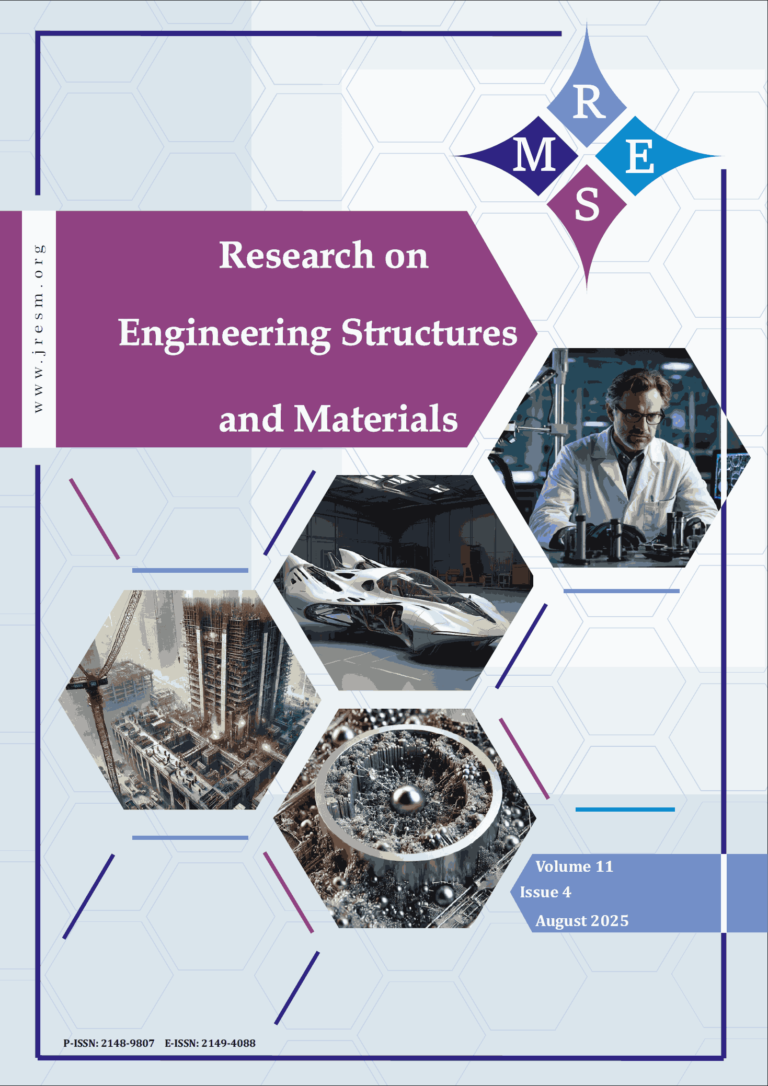The cost of construction becoming costlier day by day, because of the non-availability of sufficient natural materials. The exploration of natural materials leads to the depletion of natural resources. The increasing fuel prices and other miscellaneous costs make the production of conventional concrete costlier year by year. To address this issue, products derived from recycling construction and demolition waste and industrial waste having similar properties to that of natural aggregates and cement need to be identified, wherein, we can replace these in appropriate proportion to get the desired recycled concrete complement with conventional concrete. To explore this possibility, the study has been carried out by preparing the blocks with circular and rectangular cavities, using recycled concrete aggregate and coal ash. As we are using industrial waste materials this study ascertains the sustainability dimensions like, environmental and economic. An experimental procedure for finding compressive strength, water absorption, density, and drying shrinkage has been carried out. The percentage cost difference between conventional concrete and the recycled concrete block was determined using an economic analysis based on a remote matrix and raw material price. The most suitable proportion is found to be recycled concrete aggregates replacing 70% of natural aggregates and coal ash replacing 35% of cement, satisfying the mechanical properties of blocks but falling short of the durability characteristics. Based on the results, the structural-cost efficiency of distinct cavity blocks has been calculated. The concrete mix design and ideal mix are deduced solely for applications in Indian construction.
